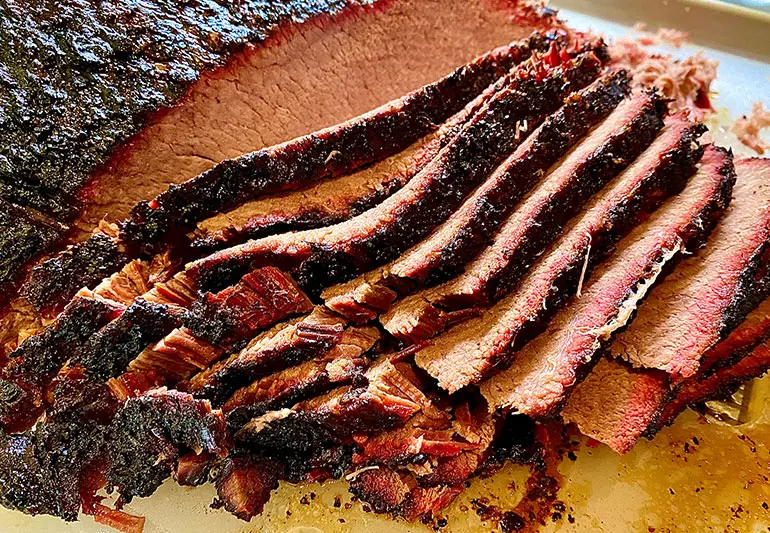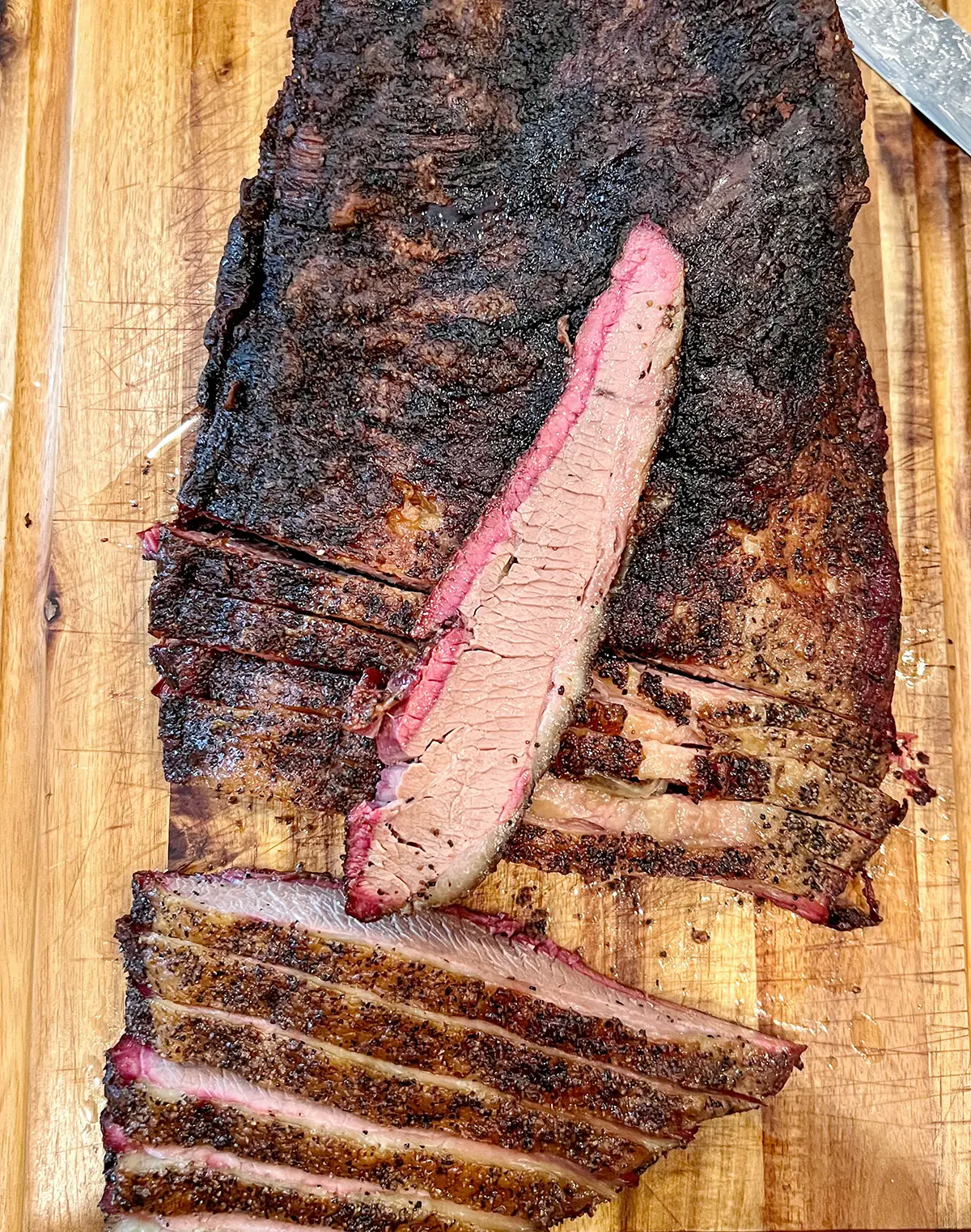There has been some concern about the safety and health implications of pellet smoked meat. Pellet smokers have gained popularity in recent years for their convenience and ability to impart a smoky flavor to meats. However, there are questions about the potential risks associated with this cooking method.
Are Pellet Smokers Toxic?
There have been reports of carbon monoxide poisoning associated with wood pellets, which are commonly used in pellet smokers. Wood pellets, even when transported or stored in normal conditions, can emit carbon monoxide. This toxic gas can quickly build up to dangerous levels, posing a risk to workers and others in the vicinity.
In order to ensure safety, employers should identify areas where wood pellets are stored and erect asphyxiation warning signs. Unauthorized access should be prevented, and safe systems of work based on written risk assessments should be implemented. Employees should always assume that carbon monoxide is present in areas where wood pellets are stored and should avoid entering storage units or tanks without necessary precautions.

It is important to note that carbon monoxide exposure can be particularly hazardous and should not be taken lightly. Employers and workers must be aware of the risks and take appropriate measures to ensure safety.

Is Cooking on a Pellet Smoker Healthy?
When it comes to the health implications of cooking on a pellet smoker, there are conflicting opinions. Some argue that pellet smokers offer a healthier cooking method compared to traditional charcoal or gas grills. They claim that pellet smokers use an indirect cooking method, which reduces the formation of carcinogenic chemicals.
Cooking meats on charcoal or gas grills can lead to the formation of compounds called heterocyclic amines (HCAs) and polycyclic aromatic hydrocarbons (PAHs). HCAs are formed in muscle meats cooked at high temperatures and have been linked to an increased risk of cancer. PAHs, on the other hand, are formed when fat and juices from meats drip onto a fire, causing flames that coat the food above with carcinogenic substances.
Proponents of pellet smokers argue that the indirect cooking method and the use of wood pellets can help reduce the formation of these harmful compounds. However, it is important to note that PAHs can also be formed in smoke from charcoal or wood pellets. Further research is needed to fully understand the health implications of cooking on a pellet smoker.
Is Pellet Smoking Carcinogenic?
There is evidence to suggest that cooking meats at high heat, regardless of the cooking method, can create potentially carcinogenic substances such as PAHs and HCAs. These compounds have been linked to an increased risk of cancer.
It is important for individuals to be aware of the potential risks and take appropriate precautions when cooking meat, regardless of the cooking method. This includes avoiding charring or blackening the meat, as this can further increase the formation of harmful compounds.

In conclusion, while pellet smoked meat may offer a convenient and flavorful cooking method, there are potential risks to consider. Carbon monoxide poisoning associated with wood pellets is a serious concern, and precautions should be taken to ensure safety. Additionally, the formation of carcinogenic compounds during high-heat cooking is a concern that applies to all cooking methods, including pellet smoking. It is important for individuals to be informed and make educated choices about their cooking practices for optimal health.
If you want to know other articles similar to Are pellet smokers safe? health risks and cooking implications you can visit the Safety and health risks category.

